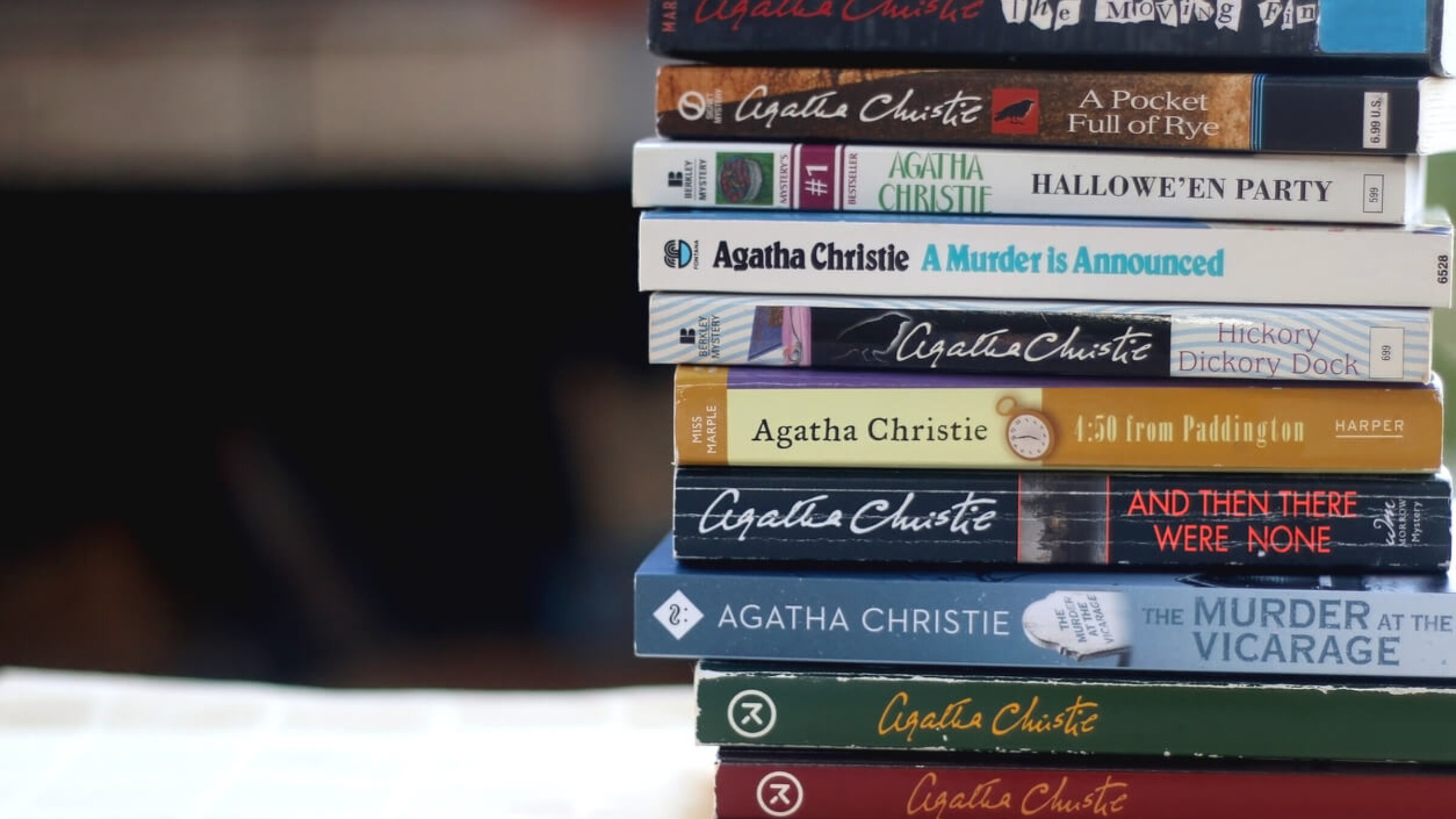Agatha Christie, sans antisemitism: New editions of novels scrub offensive language about Jews, Black people
Christie has long been scrutinized for using pejorative language to describe minorities

Agatha Christie has a long and complicated history of antisemitism. Photo by Jelena990/iStock
The newest editions of Agatha Christie’s detective novels won’t include language that contemporary readers might consider offensive, including references to Jews and Black people.
HarperCollins, the publishing company posthumously reissuing Christie’s work, has rewritten potentially offensive language in some passages of Christie’s books and cut other passages entirely, The Telegraph reported.
Christie, the author of 66 novels that have sold over 2 billion copies internationally, has a long and complicated history of antisemitism.
As part of their efforts, HarperCollins has removed detective Hercule Poirot’s description of a character as “a Jew, of course” in the new edition of The Mysterious Affair at Styles, Christie’s debut novel from 1920. This isn’t the first time publishers have edited offensive language out of novels written by the so-called “Queen of Crime.” After the Holocaust, Christie’s literary agent allowed her U.S. publisher to covertly delete the antisemitic language in her early novels for their postwar reprints.
So while the British editions of her books stayed the same, U.S. readers have — perhaps unwittingly — had a limited view of what historian Martin Forward calls Christie’s “reflex antisemitism” for decades.
Christie’s descriptions of Black characters have also attracted significant criticism over the years. HarperCollins’s new edits include revising one of Christie’s short stories, which included a servant originally referred to as “Black” and “grinning,” to now describe the character as “nodding,” without reference to his race.
The latest edition of Death on the Nile, Christie’s bestselling 1937 novel, omits all references to “Nubian people.” And, in the revised version of Miss Marple’s Final Cases and Two Stories, publishers have changed the word “native” to “local” throughout the short story collection.
HarperCollins first published some of these changes in 2020 reissues of the novels, with more set to come, The Telegraph reported. This news comes a month after outrage over the publishing company Puffin’s rewrites of Roald Dahl’s children’s books in the name of “inclusion and accessibility.”

















